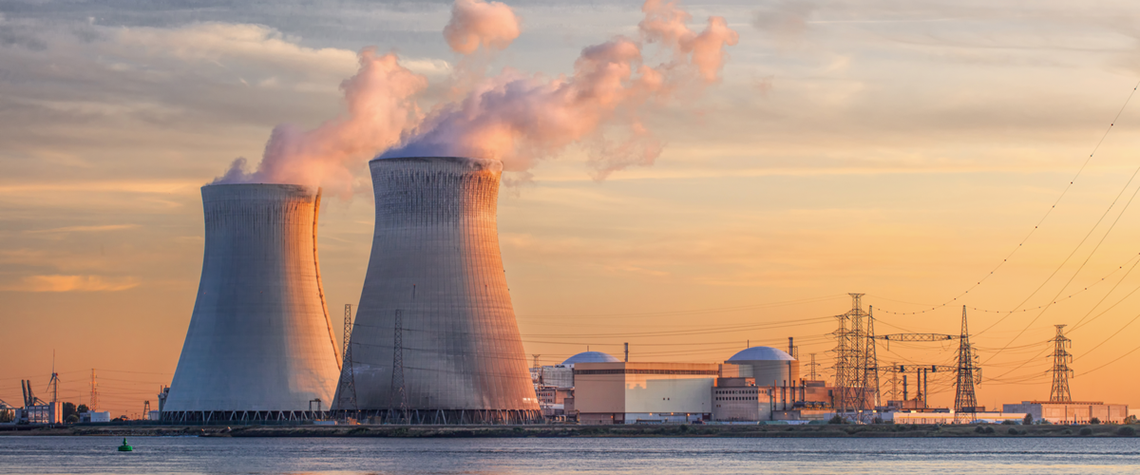Outlook 2022: The nuclear option for Europe's energy crisis
Price spikes and potential risks to grid stability might see policymakers alighting on a previously unpalatable solution
Addressing climate change will be the defining economic theme of our generation, and probably the next. The threats to our economy, our property and our way of life from climate change have the potential to be existential, and nothing in peacetime history has involved reallocation of resources on the scale necessary to decarbonise the energy complex. To put it in perspective, a recent study from Stanford University put the cost of transitioning to renewables from fossil fuels at $73tn. In comparison, the cost of the Second World War—the last global-scale event—was just $4tn in current dollars. Coincidentally, the Second World War also marked the dawn of the nuclear age. Since that war ended,

Also in this section
9 January 2026
A shift in perspective is needed on the carbon challenge, the success of which will determine the speed and extent of emissions cuts and how industries adapt to the new environment
2 January 2026
This year may be a defining one for carbon capture, utilisation and storage in the US, despite the institutional uncertainty
23 December 2025
Legislative reform in Germany sets the stage for commercial carbon capture and transport at a national level, while the UK has already seen financial close on major CCS clusters
15 December 2025
Net zero is not the problem for the UK’s power system. The real issue is with an outdated market design in desperate need of modernisation







